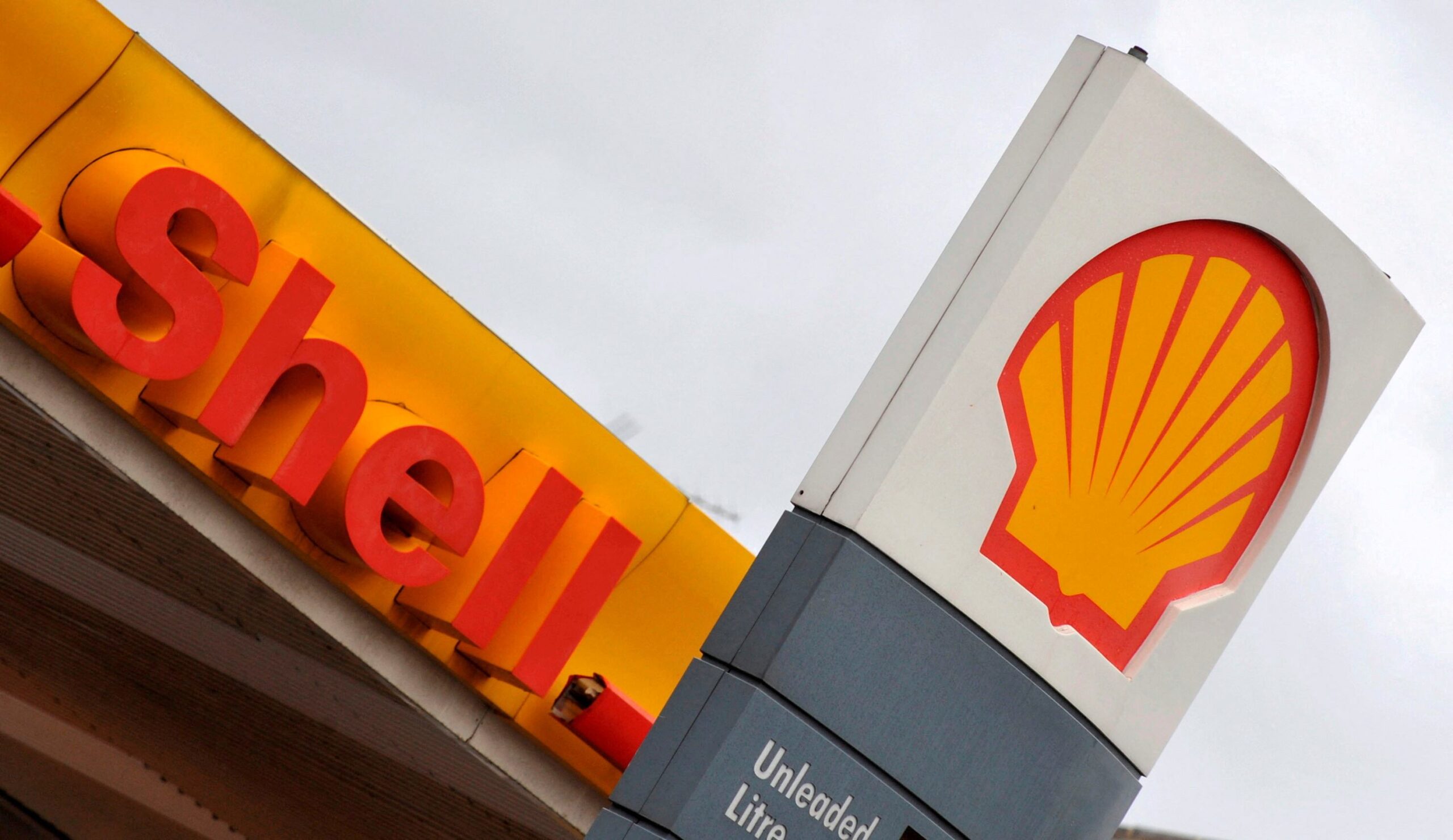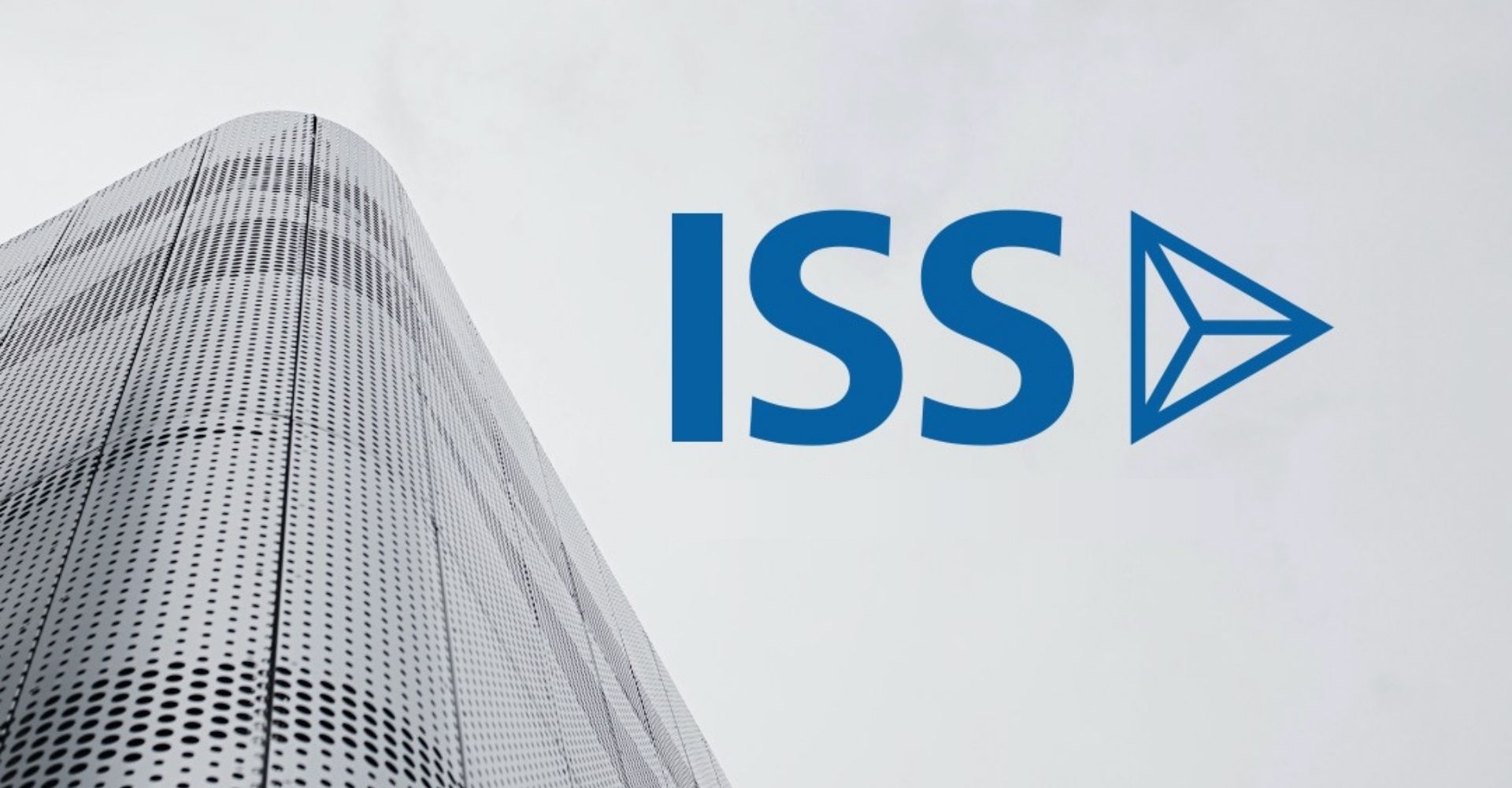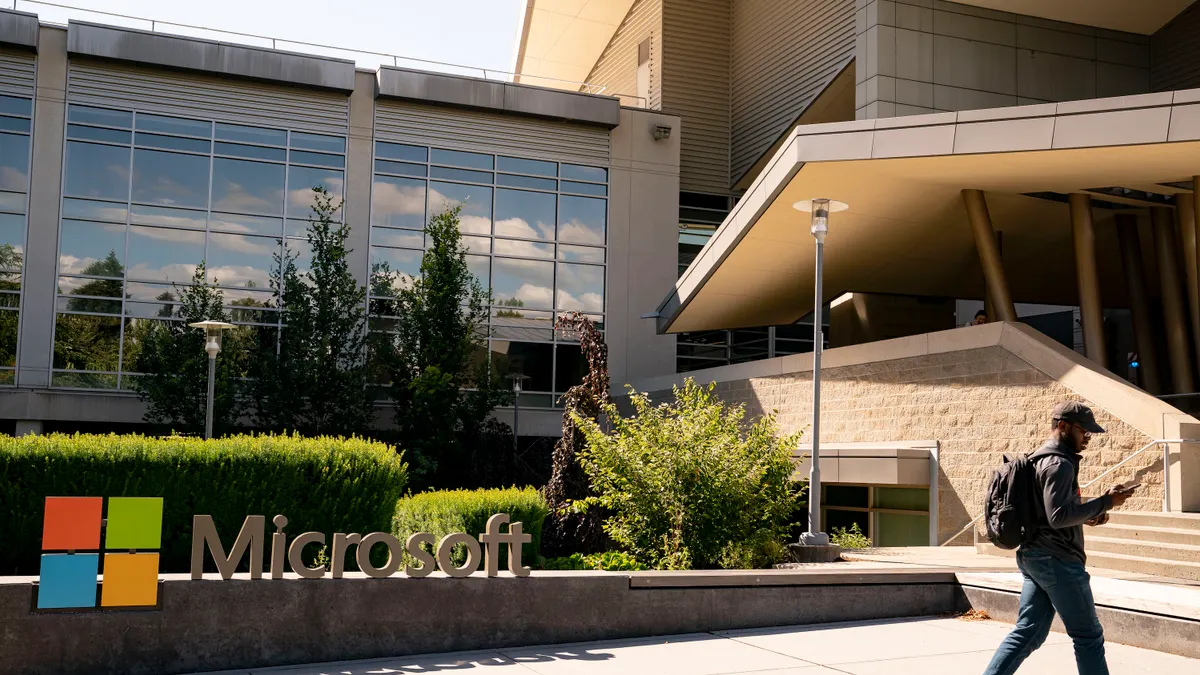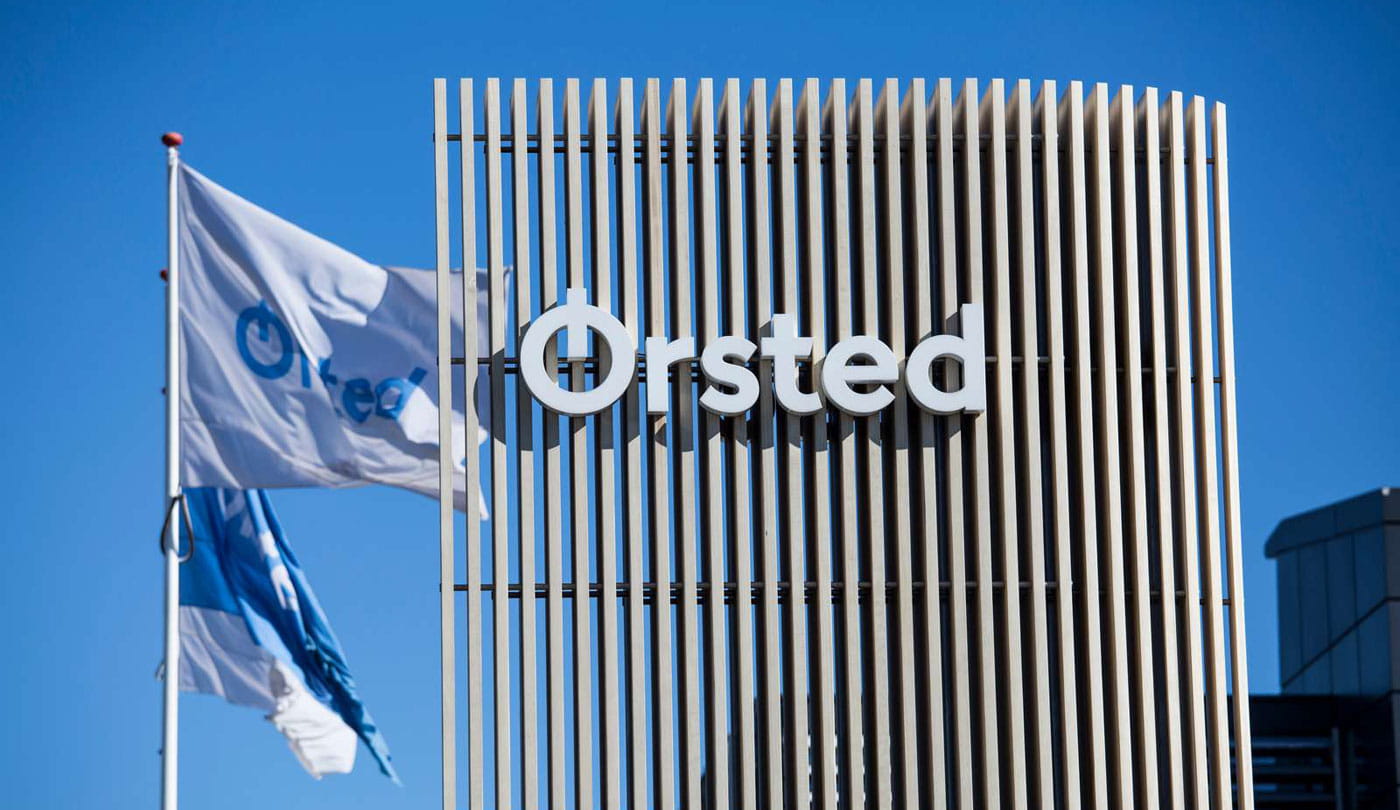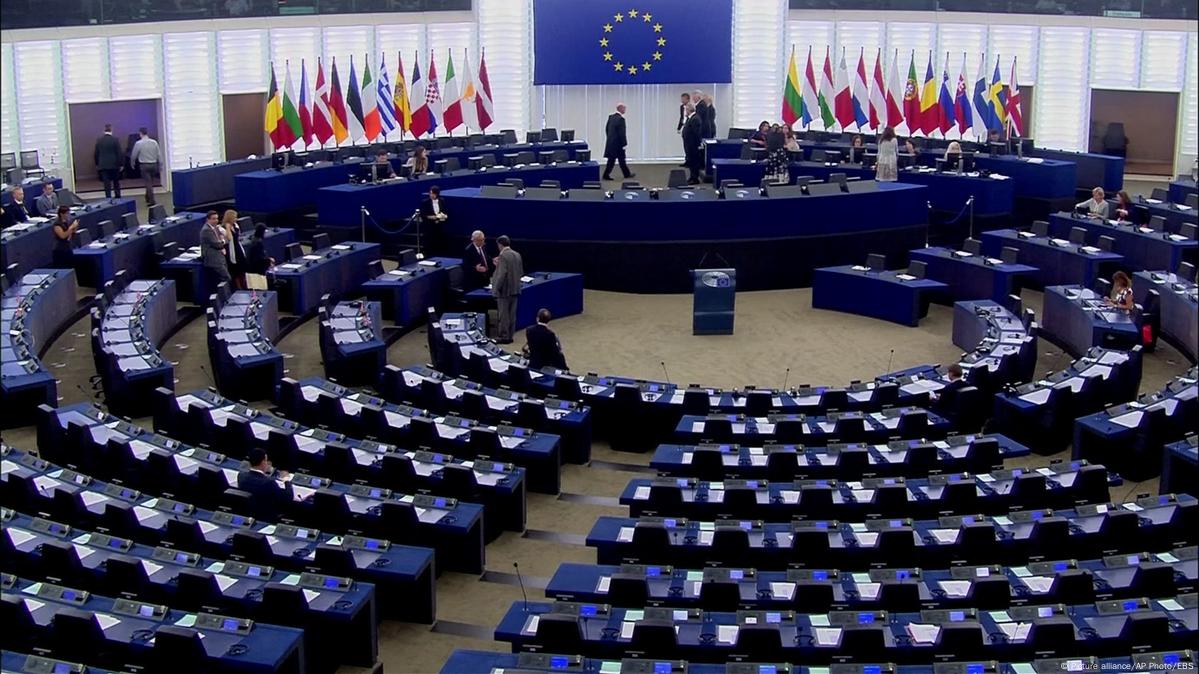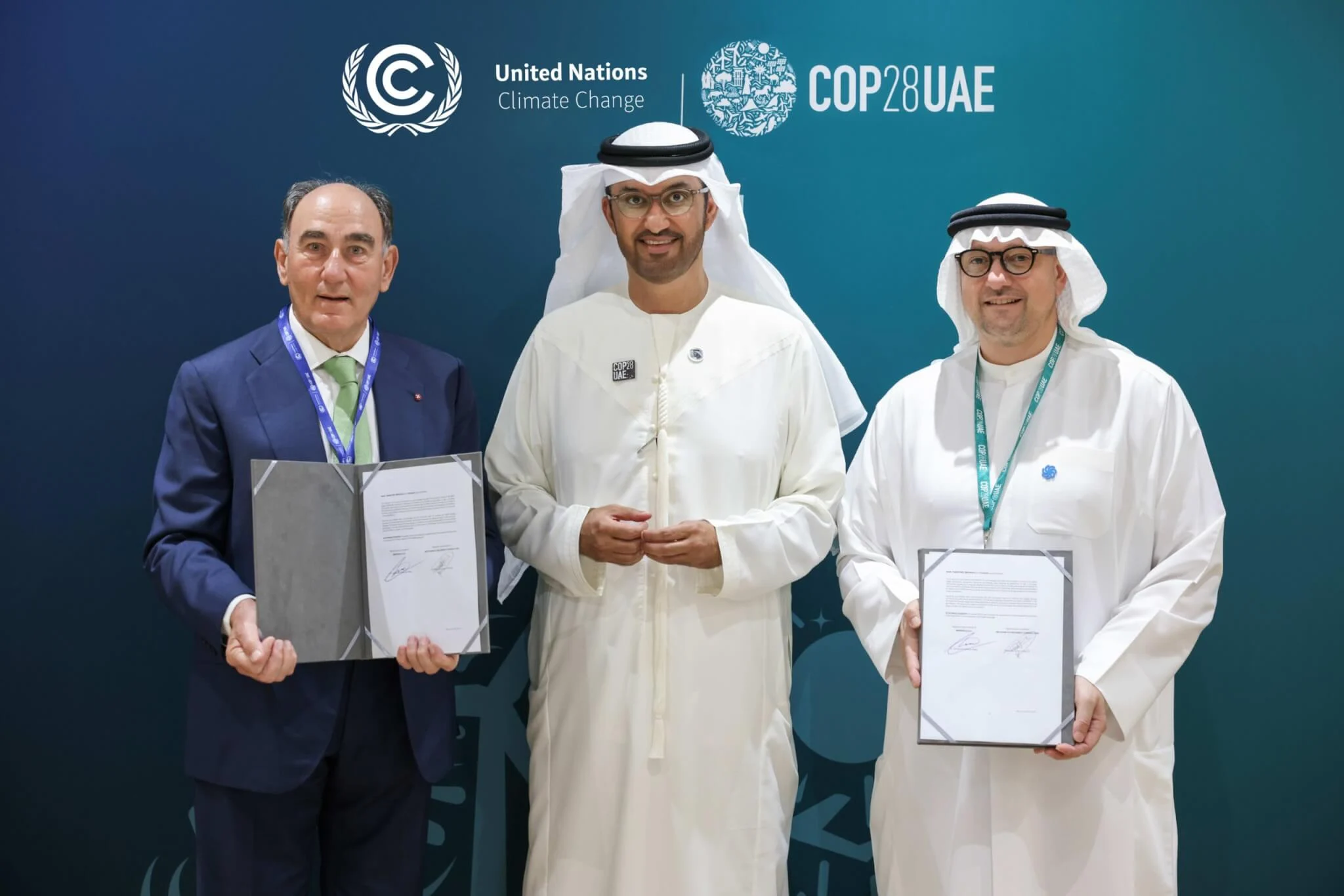Maersk, Yokohama City, and Mitsubishi Gas Chemical Partner for Green Methanol Bunkering Infrastructure
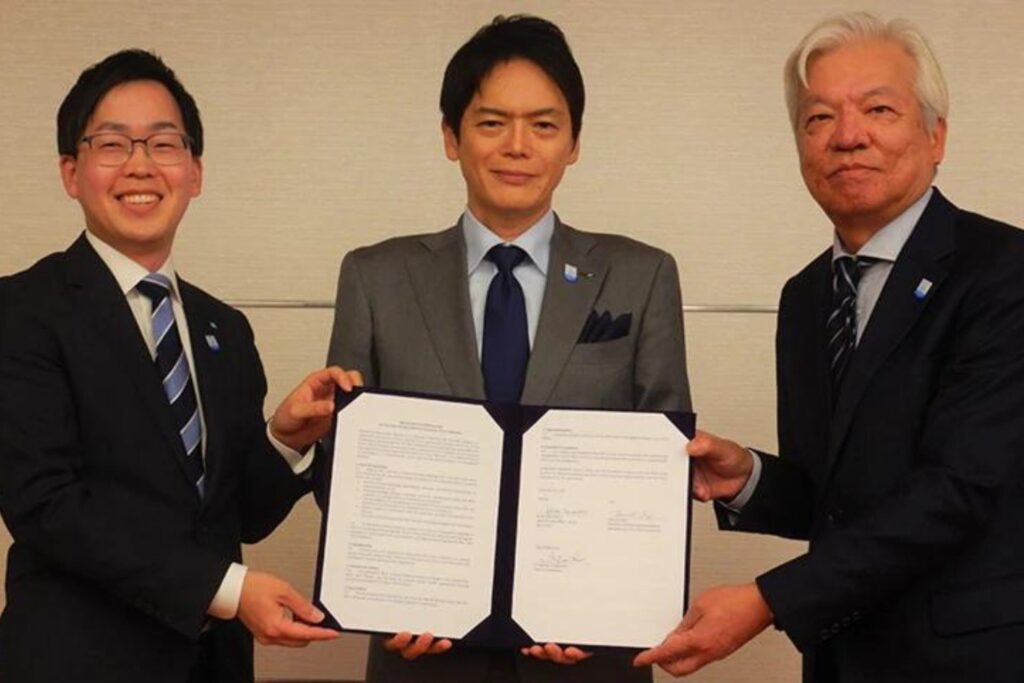
|
Listen to this story:
|
A.P. Moller-Maersk (Maersk) announced that the company has signed a Memorandum of Understanding (MoU) with the City of Yokohama and Mitsubishi Gas Chemical (MGC). This collaborative agreement will focus on the development of green methanol bunkering infrastructure in Yokohama as Maersk’s 16,000 TEU green methanol-powered container vessels will be delivered since 2024. It also highlights the parties’ shared commitment to sustainable initiatives and the transition towards a greener future.
Maersk has an ambitious target of achieving net-zero emissions by 2040 throughout its entire business. For shipping, it will equip its 25 container vessels with dual-fuel engines capable of sailing on green methanol. The successful implementation of this initiative heavily relies on the establishment of port bunkering infrastructure for methanol worldwide.
As shipping companies increasingly prioritize decarbonization efforts, the availability of green fuel bunkering options and the feasibility to carry out the operation in Japan becomes paramount. We are delighted to join forces with the City of Yokohama, renowned for its leadership in establishing green shipping corridors in Japan, and Mitsubishi Gas Chemical, a pioneer in domestic methanol production. Together, we aim to pave the way for the development of green fuel bunkering infrastructure in the country. – Toru Nishiyama, Managing Director of Maersk Northeast Asia.
The City of Yokohama oversees the Port of Yokohama, which includes the Minami-Honmoku container terminal operated by APM Terminals Japan. The port stands as Japan’s deepest water berth, boasting a total length of 1,600 meters and a draft of 18 meters. It features advanced STS cranes, capable of reaching out up to 24 rows. Since the opening of Yokohama Port in 1859, it has served as a pivotal gateway to Japan and Asia. As part of its commitment to achieving carbon neutrality by 2050, Yokohama is at the forefront of developing Japan’s green shipping corridors.
“Yokohama Port has proudly held the record for the highest number of foreign vessels calls in Japan for around 60 years, underscoring its critical role in maritime transportation where ‘fuel supply and bunkering for vessels’ holds significant importance. Moving forward, the three parties involved will collaborate to promote the use of green methanol in accordance with the memorandum. Yokohama aims to spearhead the development of Japan’s green shipping corridors while also aiming to explore and invite more like-minded future partners to join the initiative.” – Dr. Takeharu Yamanaka, Mayor of Yokohama
Mitsubishi Gas Chemical has been a trailblazer in methanol production in Japan since 1952, establishing itself as the largest supplier with a contribution of over 50% of the country’s methanol supply. Leveraging its extensive methanol production technology, it will continue to drive sustainable solutions and resource efficiency in the country.
Related Article: Maersk Secures Green Methanol for Maiden Voyage of the World’s First Methanol-Enabled Container Vessel
“We believe that the establishment of methanol as a ship fuel supply base in Japan is an important initiative that will contribute to international maritime transport and carbon neutrality of Japan. From this point, we are pleased to have agreed with City of Yokohama and Maersk today for such initiative and we hope this will accelerate the action with support from related ministries, agencies, and stakeholders.” – Masashi Fujii, President of Mitsubishi Gas Chemical
The collaboration will focus on examining operational feasibility and developing port facilities required for green methanol bunkering at the Port of Yokohama. Through joint efforts, the partners seek to drive innovation, foster safety, and accelerate the adoption of sustainable methanol solutions in the maritime industry in Japan.

